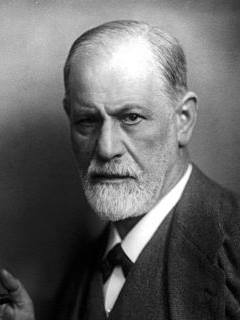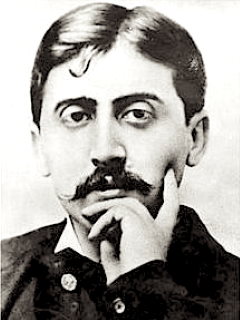
Publication details
Publisher: Palgrave Macmillan
Place: Basingstoke
Year: 2016
Pages: 218-228
ISBN (Hardback): 9781349566426
Full citation:
, ""We can remember it, funes, wholesale"", in: Memory in the twenty-first century, Basingstoke, Palgrave Macmillan, 2016


"We can remember it, funes, wholesale"
Borges, total recall and the logic of memory
pp. 218-228
in: Sebastian Groes (ed), Memory in the twenty-first century, Basingstoke, Palgrave Macmillan, 2016Abstract
Memory costs. In a biological science sense, this means that large brains are expensive organs to run; and in order for evolution to select for them there must be an equivalent or more valuable pay-off associated with the cost. In the case of homo sapiens that pay-off is our immensely supple, adaptable and powerful minds; something that could be run on anything cheaper, biologically speaking, than the organ. This is because consciousness and self-consciousness depend to a large extent upon memory; or perhaps it would be more accurate to say that consciousness and self-consciousness rely upon a sense of continuity through time, which is to say, upon memory. Memory is what we humans have instead of an actual panoptic view of the fourth dimension. We know all about its intermittencies and unreliabilities of course—indeed, the discourse of memory from Freud and Proust on has delved deeply into precisely those two quantities. My focus here happens to be on neither of those two qualities, but I don't disagree: memory is often intermittent and unreliable. It's also the best we"ve got.
Cited authors
Publication details
Publisher: Palgrave Macmillan
Place: Basingstoke
Year: 2016
Pages: 218-228
ISBN (Hardback): 9781349566426
Full citation:
, ""We can remember it, funes, wholesale"", in: Memory in the twenty-first century, Basingstoke, Palgrave Macmillan, 2016



